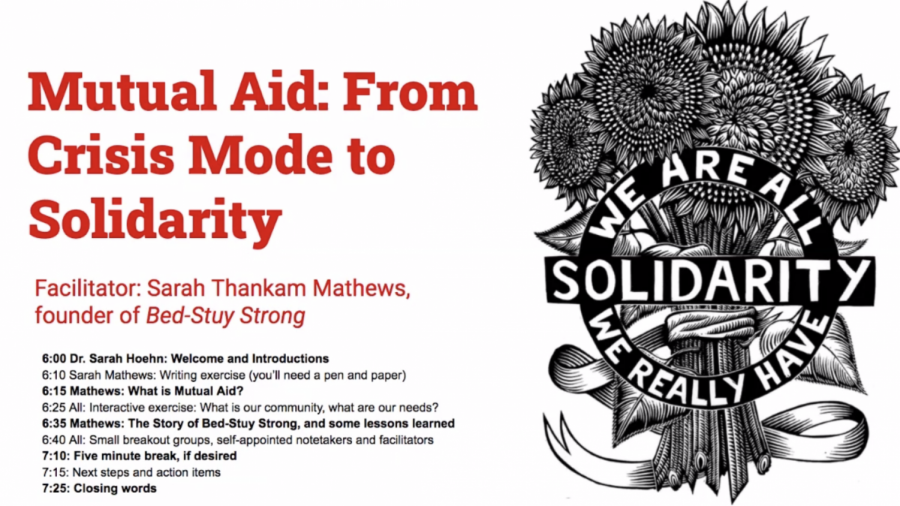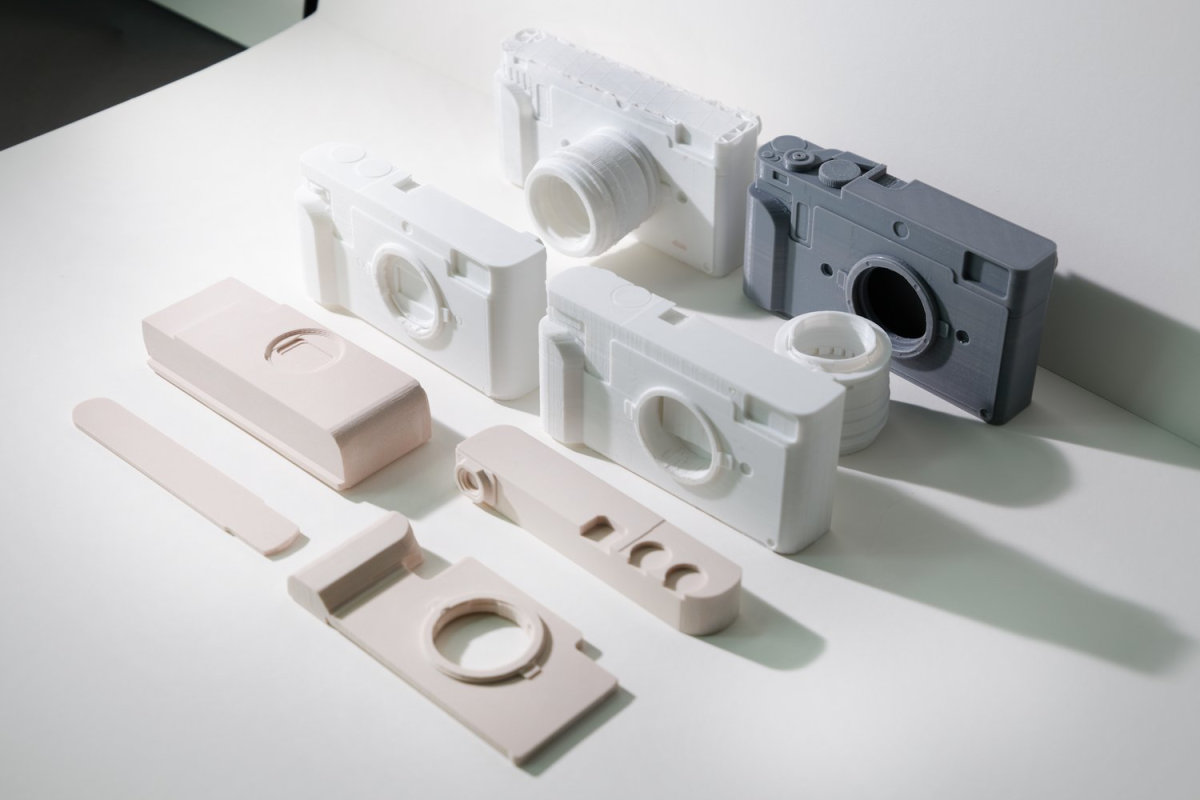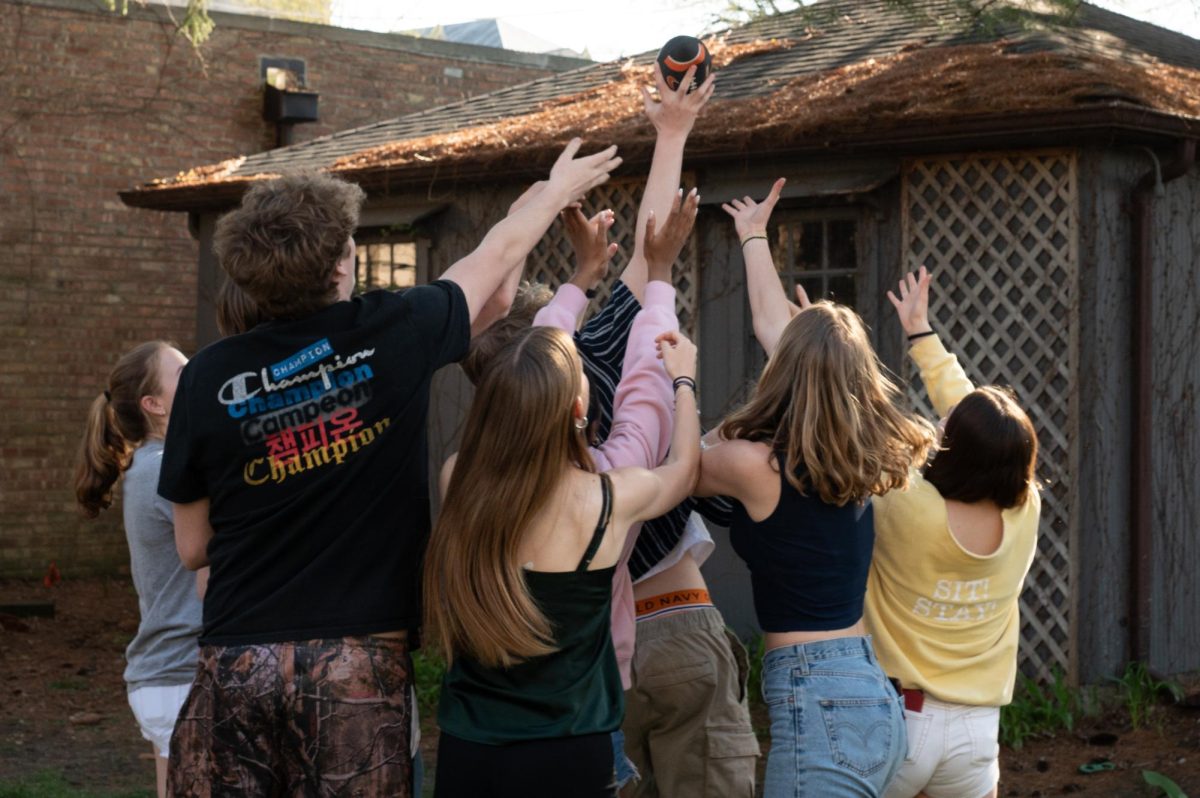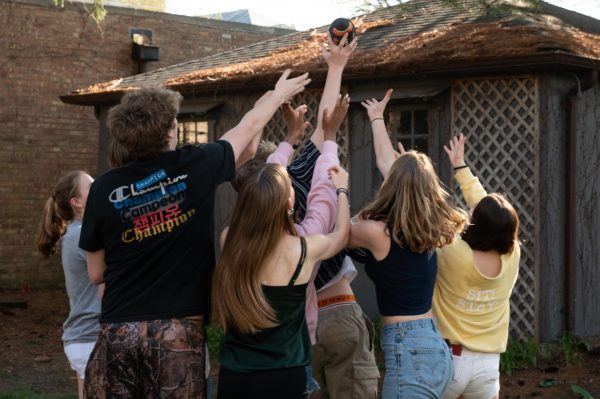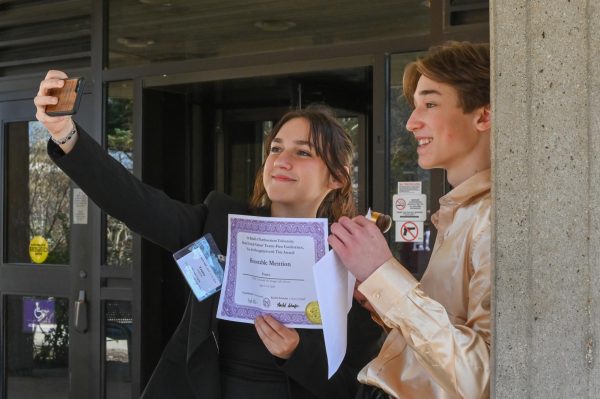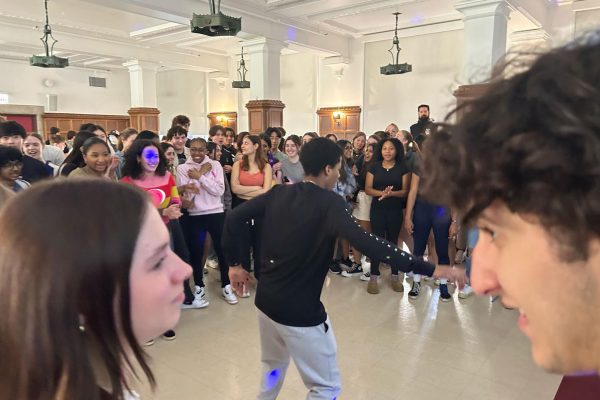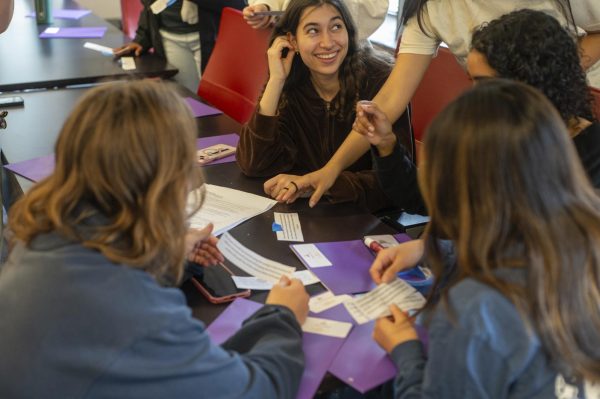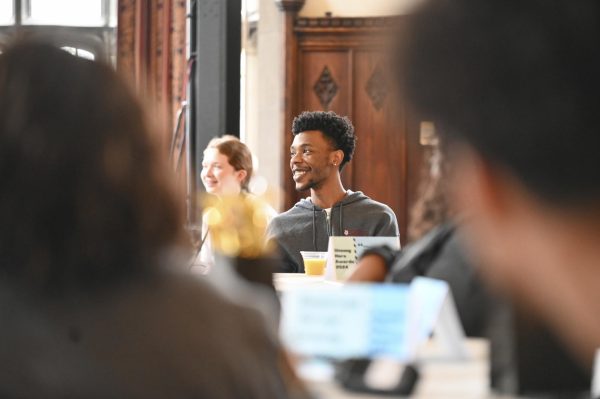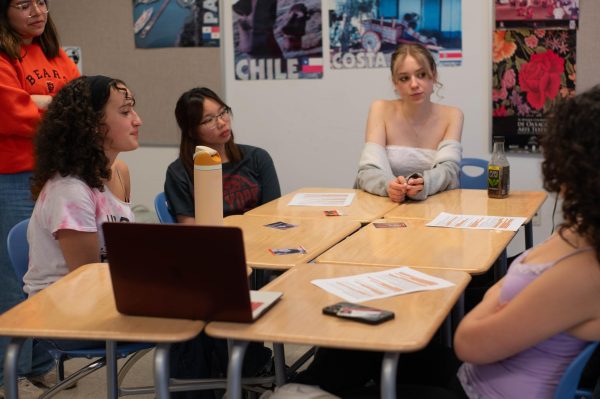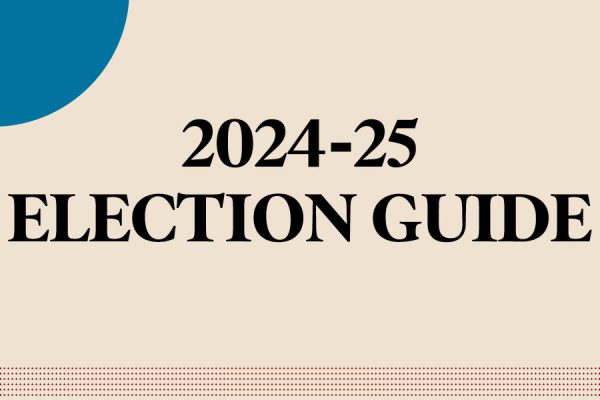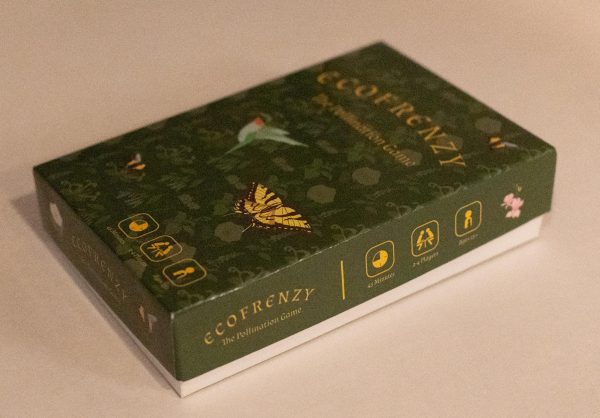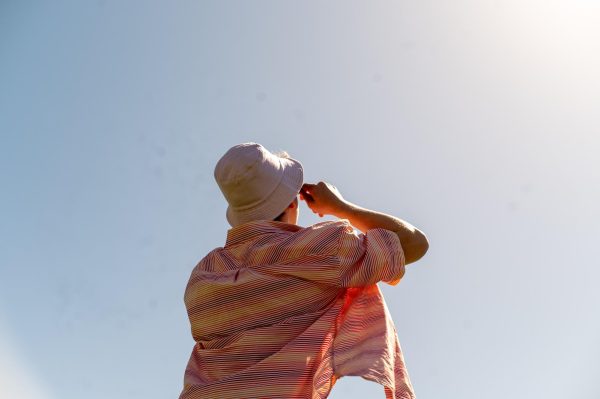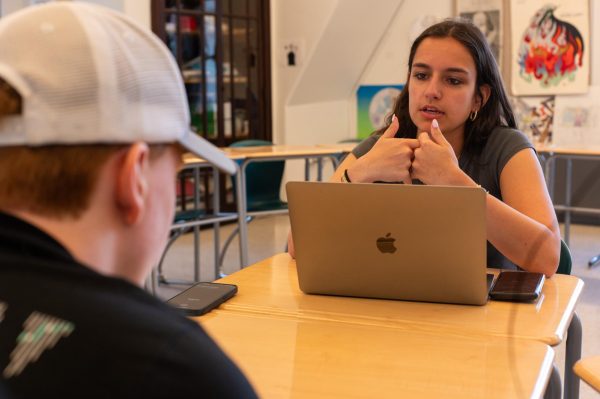Mutual Aid Committee aims to fulfill Lab community needs
Mutual aid
A group of parents, faculty and students that has been meeting since summer met by Zoom on Oct. 26 to discuss building networks of solidarity and fulfilling communal needs.
November 2, 2020
A group of parents, faculty and students that has been meeting since summer met by Zoom on Oct. 26 to discuss building networks of solidarity and fulfilling communal needs. The event was hosted by the committee and Sarah Thankam Mathews, founder of Bed-Stuy Strong, an online network providing mutual aid during the coronavirus pandemic.
The Mutual Aid Committee’s goal is to replicate Bed-Stuy Strong’s success for the Lab community, in hopes of fostering a sense of kinship and community between families.
“We live in a time of loneliness and unconnectedness,” Ms. Mathews said during the online meeting. “The COVID-19 pandemic, with its direness and the way it just looked like for a while it was bringing an entire economy to its knees, which has really laid bare a lot of things and a lot of realities, including the reality that we need each other.”
Bed-Stuy Strong is stationed in Brooklyn, New York, and according to Ms. Mathews has supported over 4,500 people during the pandemic, most of who are from elderly or low-income populations. In the past months, they have delivered groceries to 17,000 people, which represents 15% of the Brooklyn neighborhood.
Ms. Mathews said reactions to the platform have been positive.
“The first overwhelming sentiment was gratitude. ‘I’m so relieved to be able to connect with people. I’ve been so scared,’” Ms. Mathews said, adding that the group was a supportive forum during a time of crisis.
During the first meeting for a possible Lab community mutual aid group, attendees shared what they thought the Lab community needed. Many said food, child care, and grocery and pharmacy pick up. Building off the needs that were shared, attendees were placed in breakout rooms to further discuss how the Lab community can address and support communal needs and build a network of solidarity.
The driving factor was that with everything going on with the pandemic there’s a growing sense of isolation, with people separated from the campus.
— Sarah Hoehn
“The driving factor was that with everything going on with the pandemic there’s a growing sense of isolation, with people separated from the campus,” said Sarah Hoehn, the parent of a student in fifth grade. “We wanted to harness all the good energy that we know exists at Lab to help decrease the isolation and just come up with all the little ways we can help each other. And then by helping each other, we can build on this and help the community.”
With the fifth graders in distance learning, Dr. Hoehn and a group of other fifth grade parents started inviting families to meet in Bixler Park twice a week. Through this, feelings of isolation became apparent.
“What we found, anecdotally, when we met with families at Bixler Park is that people were really feeling isolated,” Dr. Hoehn said.
During the summer, the Mutual Aid Committee began thinking about creating a network to help and support each other throughout the pandemic. They then started meeting with Ms. Mathews to implement their ideas and now have expanded to include the greater Lab community. The expanded group will meet in the future to discuss further ways to implement mutual aid into the community.
“I encourage you not to think about mutual aid as a way to fix every single thing that every single person is annoyed by,” Ms. Mathews said in a closing statement. “I would encourage you to think about mutual aid as a process of coming together and organizing around need and mutual benefit.”



